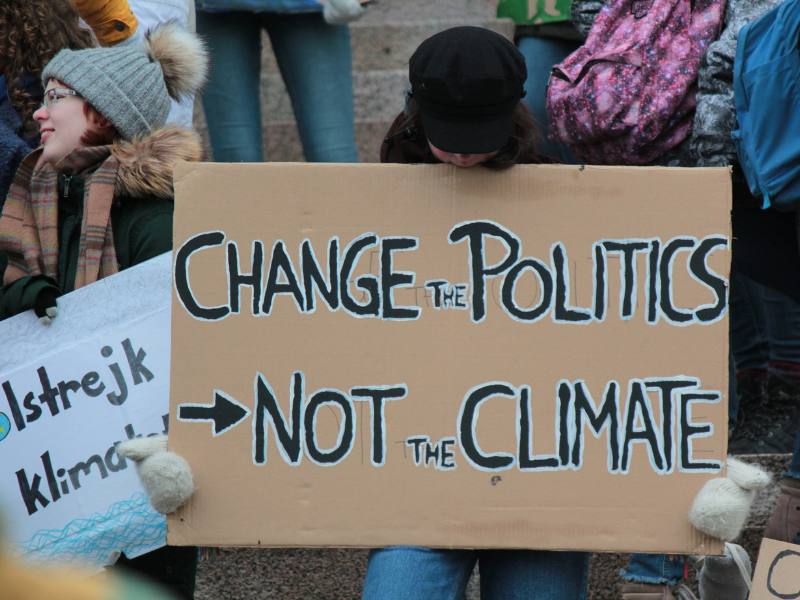A new report from nfpResearch and the Sheila McKechnie Foundation offers revealing insights into the way that people relate to politics, charity campaigning, and ‘speaking out’. SMK CEO Sue Tibballs urges charities to be optimistic about what it tells us.
Politics seems to have become a dirty word. This report throws into sharp relief the uneasy relationship that so many people have with politics and politicians – a discomfort that has grown. Meanwhile, charities’ involvement in politics and campaigning is seen variously as essential, controversial, radical, or desirable. It depends on who you ask, how you ask, and when you ask.
As a society, we have never been good at distinguishing between ‘politics’ and ‘party politics’. We barely have the language to do so. So, I found it heartening that participants recognise that politics ‘is everything’ and that change is possible. But they also said that they found it complex and overwhelming – to the point where many felt the need to switch off – and did not see being involved with formal politics as aspirational.
So how might charities respond to these findings? I would suggest ‘optimistically’. People are clearly willing to support charities campaigning if they get the right information in the right way. There’s no one-size-fits-all solution but there are some fruitful avenues to explore.
Bring people with you
There has long been anxiety that trumpeting charities’ lobbying and campaigning work might put off donors. A clear ‘win’ is desirable to share, but the longer slog of connecting with people affected, building relationships with decision-makers, gathering evidence, developing analysis, and shifting attitudes, often goes under the radar until a positive outcome can be reported. This essentially leaves your community behind. Is it time to bring people on the long slog with you, explaining why you’re doing things as you go?
Explain why you campaign
Margaret’s story is a wonderful example of how people’s views can shift as their knowledge grows, allowing them to judge things from different perspectives. The initial gut reaction is not always the final one. Is explaining more confidently why campaigning is an effective way to achieve your charity’s goals now vital?
Offer hope and the chance to be part of positive change
Words that have strong associations with political parties and politicians (lobbying, politics) seem to trigger negative responses. More active and empowered language (standing up, having a voice, moving things forward, challenging) elicits more supportive reactions. Not every utterance can be positive or even respectful – there are times when only a passionate outcry is appropriate – but, at a time when people feel overwhelmed by politics, is there an opportunity for charities to offer hope and the chance to be part of positive change?
I want to thank nfpResearch for this fascinating contribution to the debate that, with a General Election imminent, couldn’t come at a better time.
We don’t do politics, we give people a voice is published today by nfpResearch, in partnership with the Sheila McKechnie Foundation.

